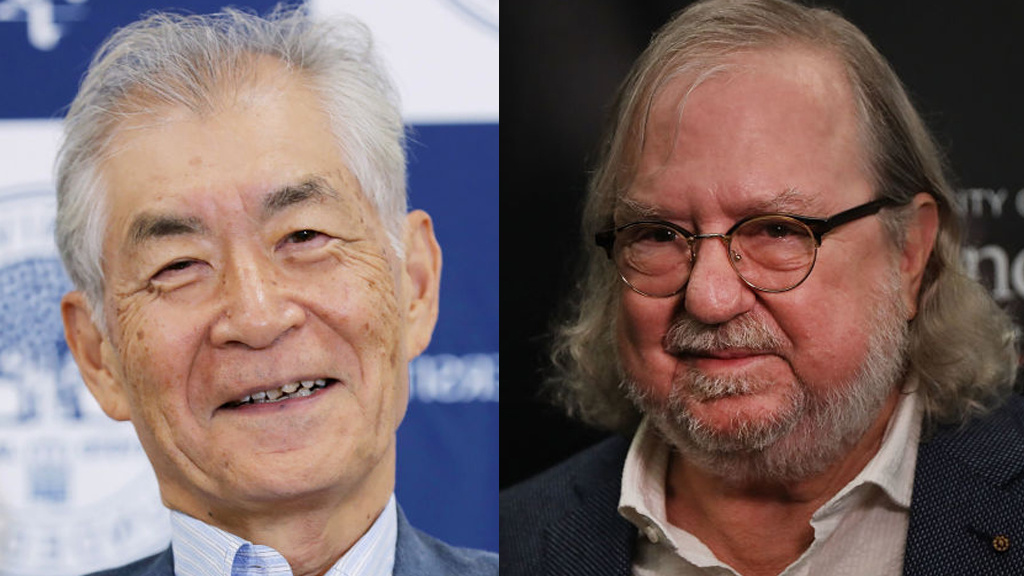immune system
In the 1990s, the two scientists made key discoveries that led to the development of promising new cancer-fighting immunotherapy drugs.
Your brain’s heightened sensitivity can make you perceptive and creative. But it’s a double-edged sword, researchers find.
The study had some interesting findings for the adult children of separated parents who were civil.


